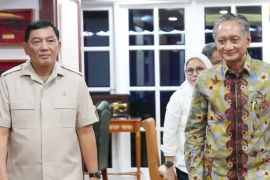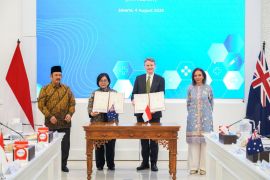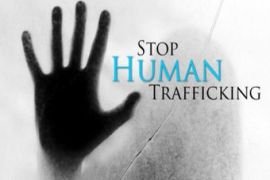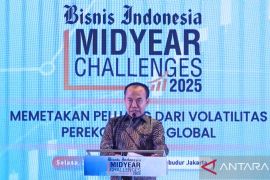The agreement was the result of a meeting between Indonesian Agriculture Minister Suswono and the Australian agricultural attache here on Tuesday.
"The formulation of standards is important as the rules applied in Australia have not yet been recognized by the international animal health organization (OIE) and the World Trade Organization (WTO)," Suswono said.
He said Indonesia also had animal welfare standards which were spelled out in Agriculture Minister`s Regulation Number 13 of 2010 on conditions for slaughterhouses and meat handling units.
Australia stopped exports of live cattle to Indonesia recently following a report from non-governmental organization Animals Australia broadcast on BBC Four Corners on May 30, 2011 that Australian cattle were tortured before being slaughtered some being beaten, whipped and left dying for a long time.
At the meeting at the minister`s office the two officials agreed the policy of cow imports would be determined only after an investigation was conducted into the torture allegations.
"But before a field inspection is done the animal welfare standards have to be made first" Suswono said.
The minister said if Indonesia uses the Australian standards for the investigation it was feared new problems would arise.
He said the formulation of the new standards would be done as quickly as possible involving a number of parties including the Indonesian Council of Ulema (MUI).
"It is because we have a religious tradition of slaughtering," he said.
He said after the standard is formulated an Indonesia-Australia joint team would be established to investigate the torture allegations.
The minister said it would not be a big problem for Indonesia if the results of the investigation later did not make Australia to reopen its cattle exports to Indonesia.
"Traders will be happy if we do not import because they would enjoy a better price," he said.
The minister said the suspension of cattle exports to Indonesia also did not affect much on the country`s cattle supply as it is still enough for a period until September.
"There are still other countries that also export cattle such as Mexico," he said. (*)
Editor: Aditia Maruli Radja
Copyright © ANTARA 2011











